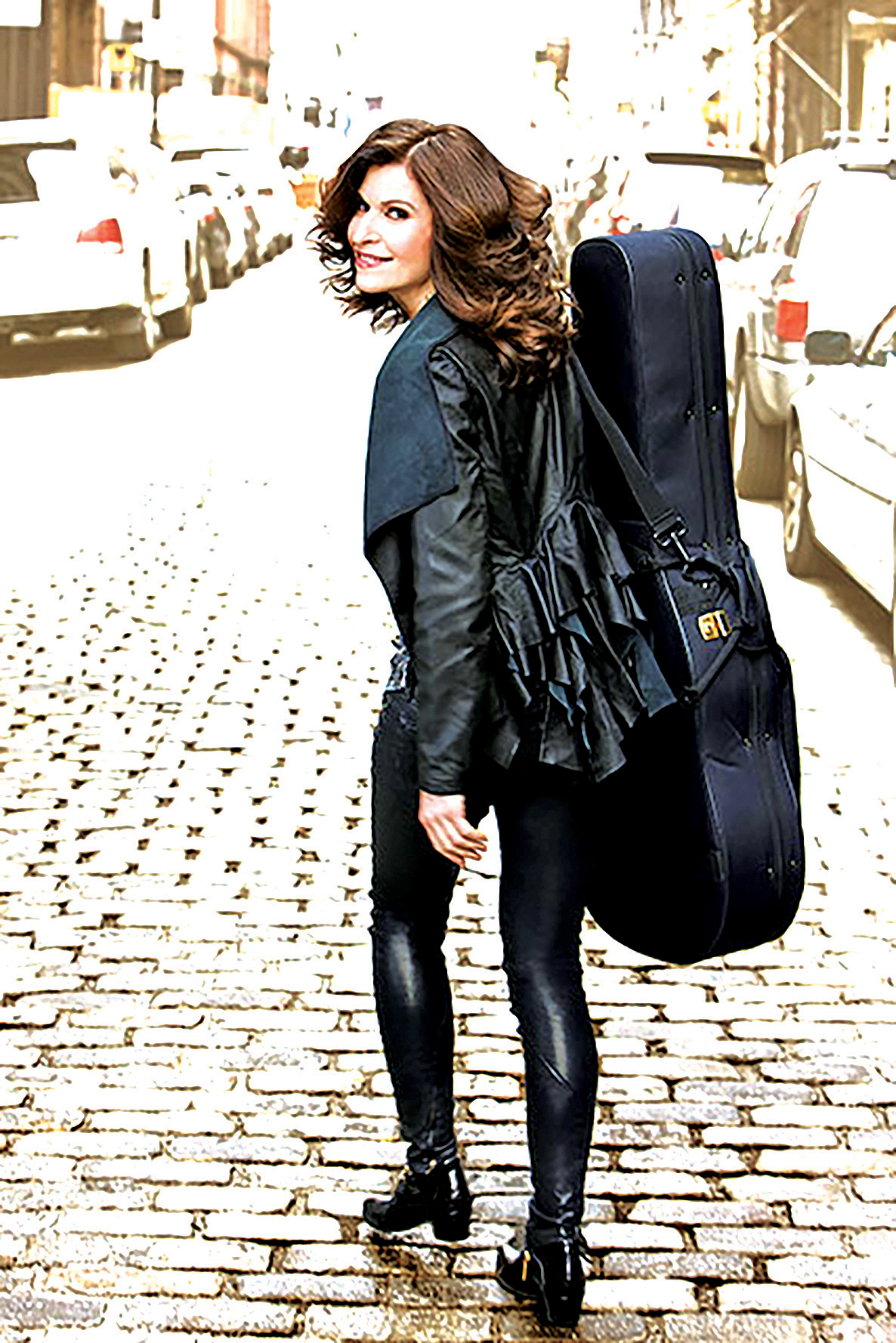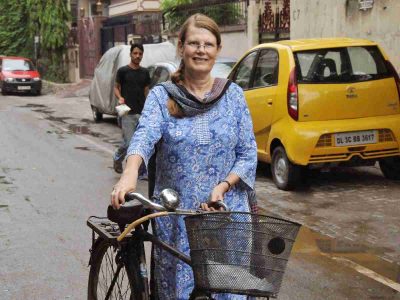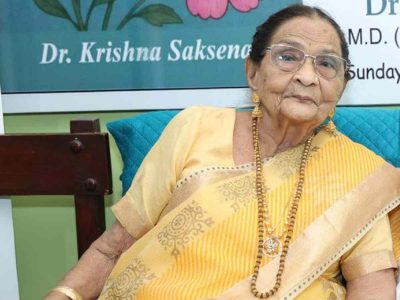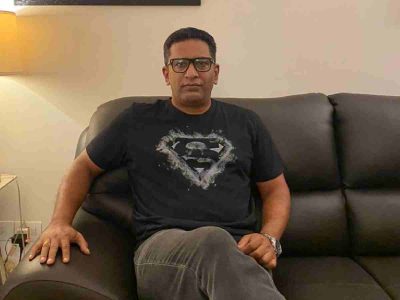IN CONVERSATION WITH PATRIOT, GRAMMY AWARD WINNING GUITARIST SHARON ISBIN SHARES SOME OF HER INTRIGUING EXPERIENCES
RAMMY AWARD winning Western classical guitarist Sharon Isbin is making her way through India for the Peace Tribe tour, accompanied by the talented sarod duo Ayaan and Amaan Ali Bangash. Dubbed “the pre-eminent guitarist of our time”, Isbin is a performer, teacher, and lyricist — all rolled into one..
Patriot, in conversation with Isbin, finds out about the inner workings of her performances and how much she is looking forward to her first tour in India..
What are your expectations from the India tour? Are you excited or apprehensive?
I am excited to discover in my first trip to India what I can about music, art, history and its beautiful culture! I have been practising transcendental meditation daily since I was a teenager — a technique that gives me tremendous energy, empathy and creative inspiration in all that I do. As this has been such an important part of my life, I am especially thrilled to visit the country in which this practice originated and evolved..
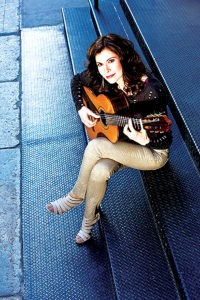
You have been called the `Monet of the classical guitar’. How would you like to respond to that?
I often express emotions through colour. Playing a nylon string instrument with my right-hand fingers and fingernails to produce the sound, without a pick, allows me to explore a large range of colours and timbres in the music — from very sweet and dolce, to bright and more pointed..
Who would you name if you were to list a few artists or composers who influence your music?
Bach, Chopin, Rodrigo, pianists Rosalyn Tureck and Alicia de Larrocha, folk singer Joan Baez, and so many more! When you write your music, what is.
The factor that is most important to you, in your process? Or is it entirely organic and intuitive?
Since I am not a composer, I ask others to write for me. I feel so fortunate and honoured that in this tour I am being able to perform with sarod masters Ayaan and Amaan Ali Khan and is a part of the world premiere of wonderfully beautiful ragas composed for us by their father, Amjad Ali Khan. The maestro has brilliantly interwoven Indian and Western traditions in these works..
Your music has always been touted as one that always displays a lot of clarity and perspective. How do you maintain that element even after so many years of being in this profession?
I am always exploring new collaborations, with contemporary composers, singers, ensembles and orchestras, jazz, rock, bluegrass and folk musicians, and now this new adventure with Indian ragas. This enables me to grow and to remain engaged, challenged and joyful in the art..
How important an accomplishment is the Grammy Award for you? What does it signify for you in your repertoire?
It is an honour to be recognized by my colleagues and the music industry, and I am grateful that the award has opened many doors in my career and artistic life..
What’s your most memorable performance, or a piece that is very close to your heart, and why?
I was asked to perform at the first memorial to the victims of September 11th, one year later in 2002, at Ground Zero in New York City. It took place before 40,000 family members and survivors, during the reading of the names of the nearly 3000 who perished, in a somber ceremony broadcast on television throughout the world. Looking into the eyes of those gathered, seeing the posters they held of the loved ones they lost, I realised as never before the powerful role music can play in the healing process. It was an intensely meaningful and unforgettable experience..
What would you consider the most important quality for a teacher of music, considering you don so many hats?
My goal is to guide each student to become the best they can be, to provide musical and technical strengths that will allow them to flourish artistically. Teaching them how to listen with ever more refinement, is one of the most important and never-ending parts of the process..
Since you have been performing for many years now, is there any change that you have seen in the audience and their receptivity towards music from then to now?
I love to share exciting new music and collaborations with audiences and to be inspired by their enthusiasm..
What is the one thing you want people to always take away from your music?
I hope to move people with a variety of feelings, and give momentary respite from the world in those moments — with something that inspires and gives joy..

